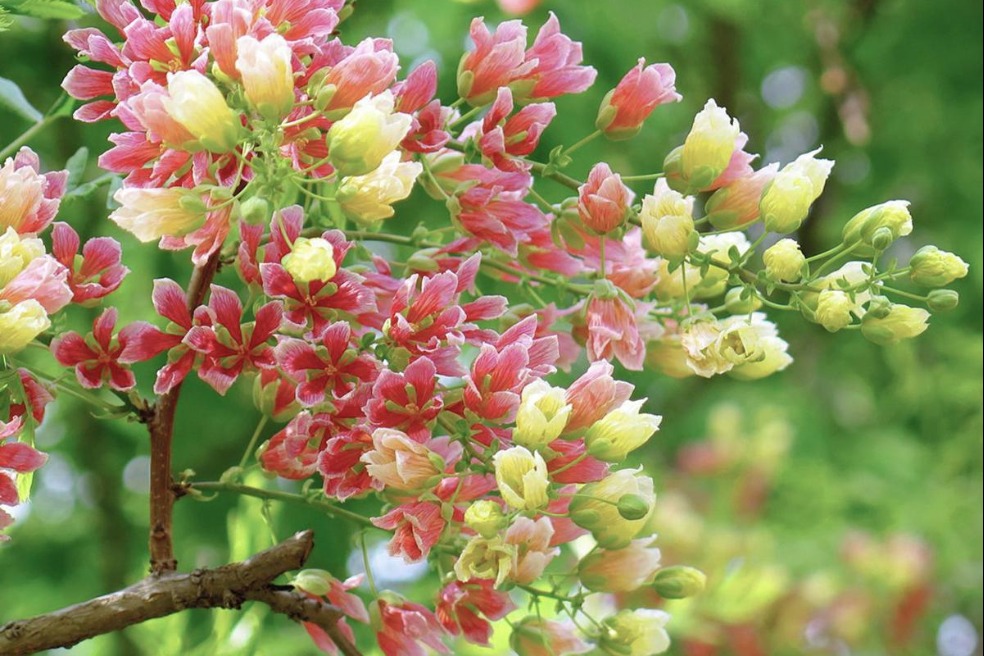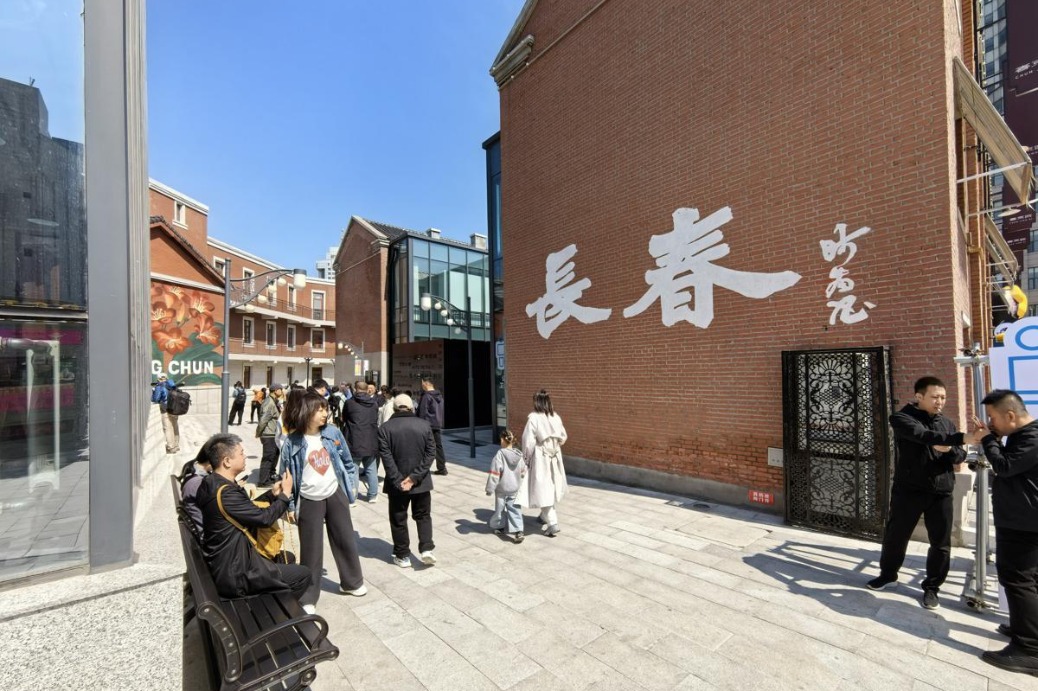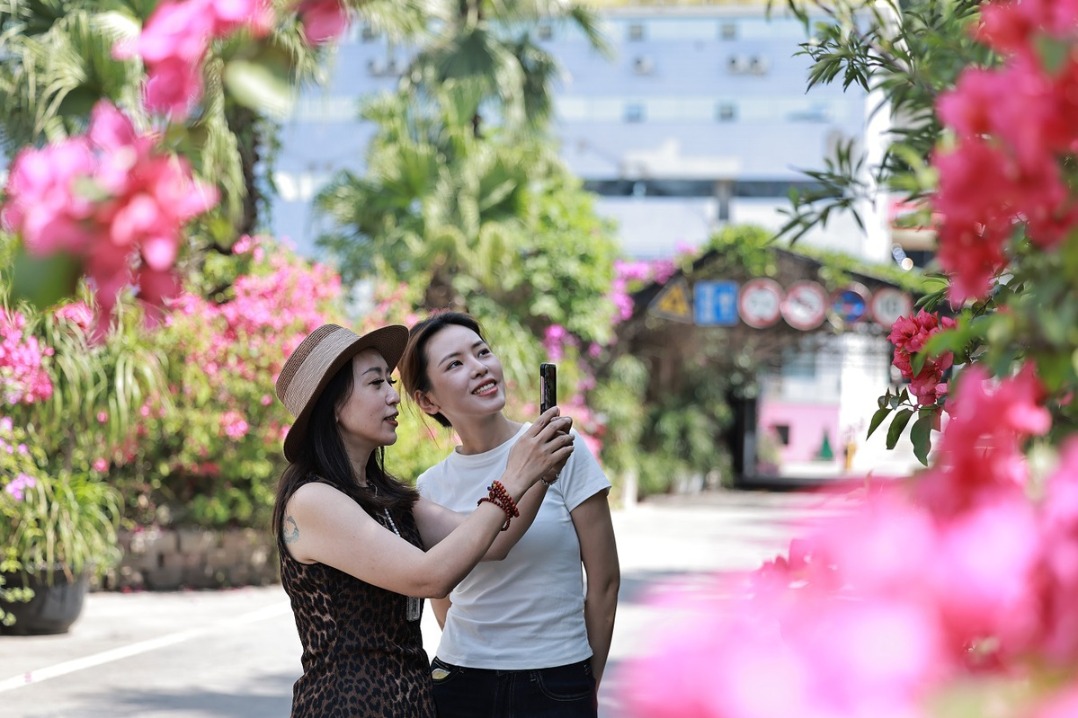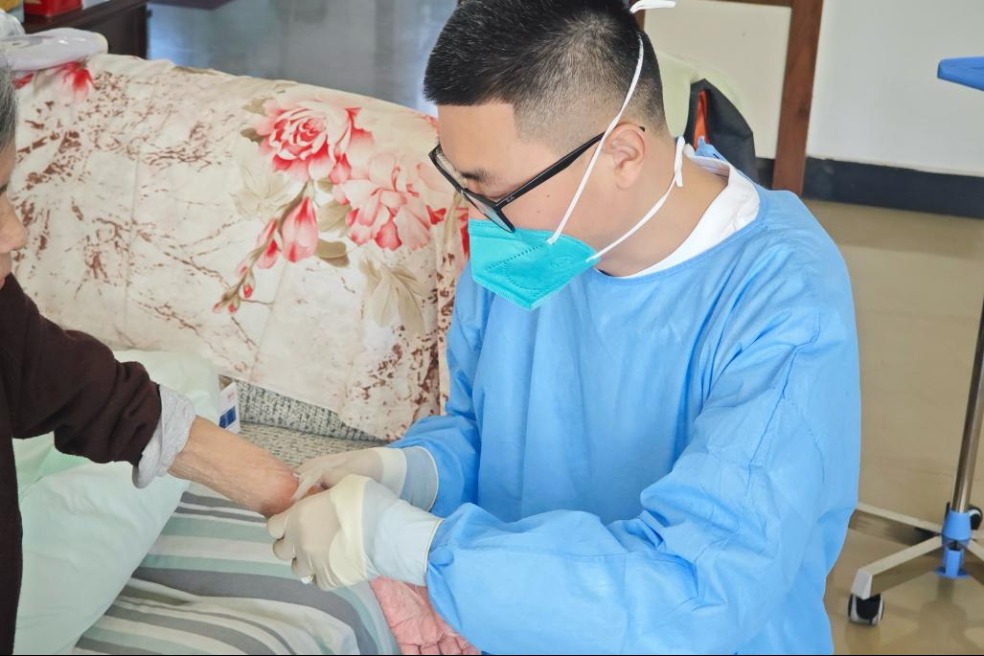China, Brazil boost agricultural trade

China and Brazil will strengthen cooperation in agricultural trade and technology exchange in response to new tariff measures imposed by the United States, Paulo Teixeira, Brazil's Minister of Agrarian Development and Family Farming, said on Monday.
Teixeira said China is the largest buyer of Brazilian agricultural products, with imports reaching $49 billion last year. Meanwhile, Brazil is also a major importer of Chinese agricultural products, as both countries continue to deepen trade and technological cooperation in the sector.
Brazil is home to about 5 million smallholder farming families who produce roughly 70 percent of the country's food supply.
"While large-scale agriculture in Brazil is highly mechanized and technologically advanced, small-scale farms still face low levels of mechanization," Teixeira said.
To bridge the gap, Brazil has introduced a series of incentives to attract foreign investment, particularly from China. The measures include tariff exemptions for up to 12 months on capital goods, and information and technology goods, he said.
Teixeira added that the Brazilian government also offers special subsidies and low-interest credit support for companies and individuals purchasing small-scale farm machinery.
"Chinese agricultural machinery is in high demand in Brazil, with many local farmers now using tractors made in China," he said.
Agricultural authorities and universities from both countries have been introducing equipment and technology through programs such as the Science and Technology Backyards in Brasilia and Rio Grande do Norte, which were established last year.
Field investigations, machinery testing and maintenance, technology promotion and personnel training have taken place in both areas. The efforts are expected to result in a 40 percent increase in grain output among smallholder family farms.
"The China-Brazil STB program has brought compact, affordable machinery to Brazilian family farms, improving productivity, increasing income and — perhaps most importantly — renewing hope for rural communities," Teixeira said.
Luiz Zarref, Latin America coordinator at the International Association for Popular Cooperation, said there is also a growing call for a greater variety of Chinese agricultural machinery in Brazil.
Currently, Brazil's family farmers need a wider and more flexible range of horsepower options, as they often require lower-powered equipment.
"Most Chinese machinery on the market ranges from 75 to 100 horsepower, while smaller models are better suited to smallholder operations," Zarref said.
Diversified equipment that supports the full farming cycle is in high demand, he added.
As digital transformation becomes increasingly critical for the next phase of agricultural development, officials said more cooperation will focus on promoting smart agriculture in Brazil.
"We look forward to strengthening the partnership to bring precision farming and smart tools to Brazilian fields," Zarref said.
The China-Brazil Joint Laboratory on Mechanization and Artificial Intelligence of Family Agriculture was built in November last year to provide an innovative platform for advancing family agriculture in Brazil. The lab aims to promote technology transfer, including intelligent agricultural machinery for small and medium-sized fruit and vegetable production.
"We've completed the first golden 50 years of Brazil-China cooperation, and we're entering the next phase — another golden 50 years," Teixeira said.
- Xi calls on countries to work together for world peace, stability, prosperity
- China to offer visa-free policy to 5 countries in Latin America and the Caribbean: Xi
- China to work with Latin American and Caribbean countries to implement Global Security Initiative: Xi
- China ready to work with Latin American and Caribbean countries to implement Global Civilization Initiative: Xi
- China ready to work with Latin American and Caribbean countries to implement Global Development Initiative: Xi
- China willing to strengthen solidarity with Latin American and Caribbean countries: Xi





































